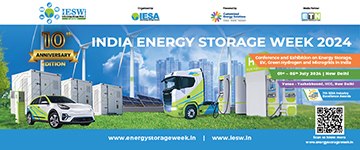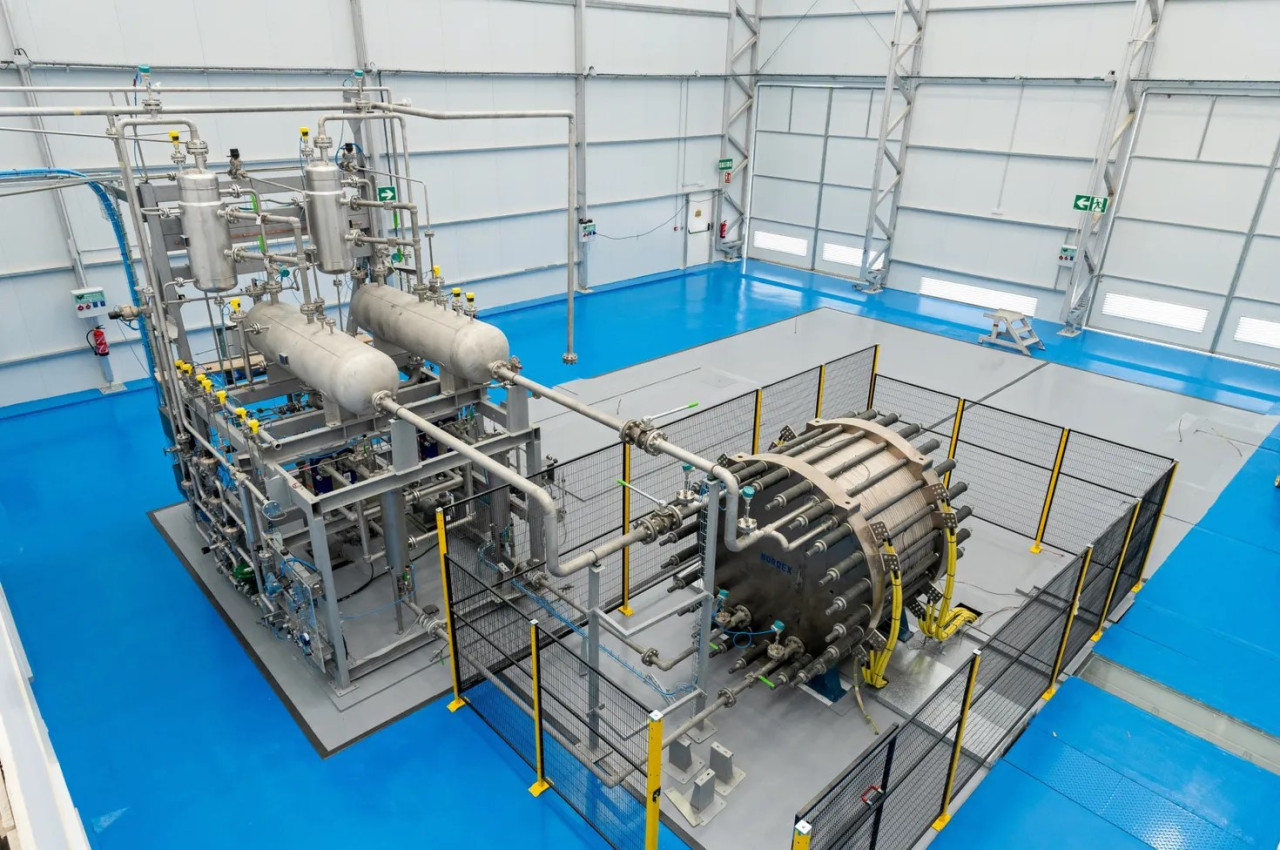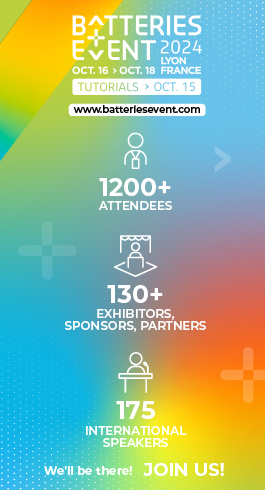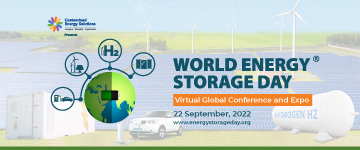Nordex develops first prototype of a 500 kW pressurized alkaline electrolyzer
Nordex Electrolyzers has inaugurated a test bench in its plant at Lumbier, Spain, presenting its first in-house-developed prototype of a 500 kW pressurized alkaline electrolyzer. The prototype was designed, manufactured and assembled entirely in Navarra, Spain.
The electrolyzer will be validated in the facility the company built for this purpose on the site of the Nordex Group's blade factory in Lumbier. Nordex Electrolyzers is a joint venture between the Government of Navarra and Nordex Group, one of the world's largest manufacturers of wind turbines.
Luis Solla, CEO of Nordex Electrolyzers, commented on the development, "This prototype is part of Nordex Electrolyzers' proposed business development plan, which aims to have the final design of its serializable MW-scale product available by 2026."
The first of the prototypes with 50 kW, operational since 2023, is currently in the testing and characterization phase at Nordex Electrolyzers' facility in Puertollano. It has shown very promising results in terms of efficiency and flexibility in relation to renewable energies, according to the company.
The 500 kW prototype can produce more than 10 kg/h of hydrogen with an energy consumption of less than 50 kWh per kg. It is specially designed to work with power changes and frequent stops.
Nordex Group claims that its experience as a global wind turbine manufacturer offers competitive synergies to Nordex Electrolyzers to become a leading electrolyzer manufacturer, enabling it to integrate hydrogen generation into its value chain.
"One of Nordex Electrolyzers' commitments is the manufacture of high-quality and efficient electrolyzers, as well as a focus on sustainability and contribution to the transition towards a clean energy-based economy", Luis Solla added.
Founded in 2022, Nordex Electrolyzers aims to design and manufacture pressurized alkaline electrolyzers. It is to be noted that the company's electrolyzer development plan is partially financed with €12 million by the European Commission, through an IPCEI (Important Project of Common European Interest) under the Hy2Tech program.



















